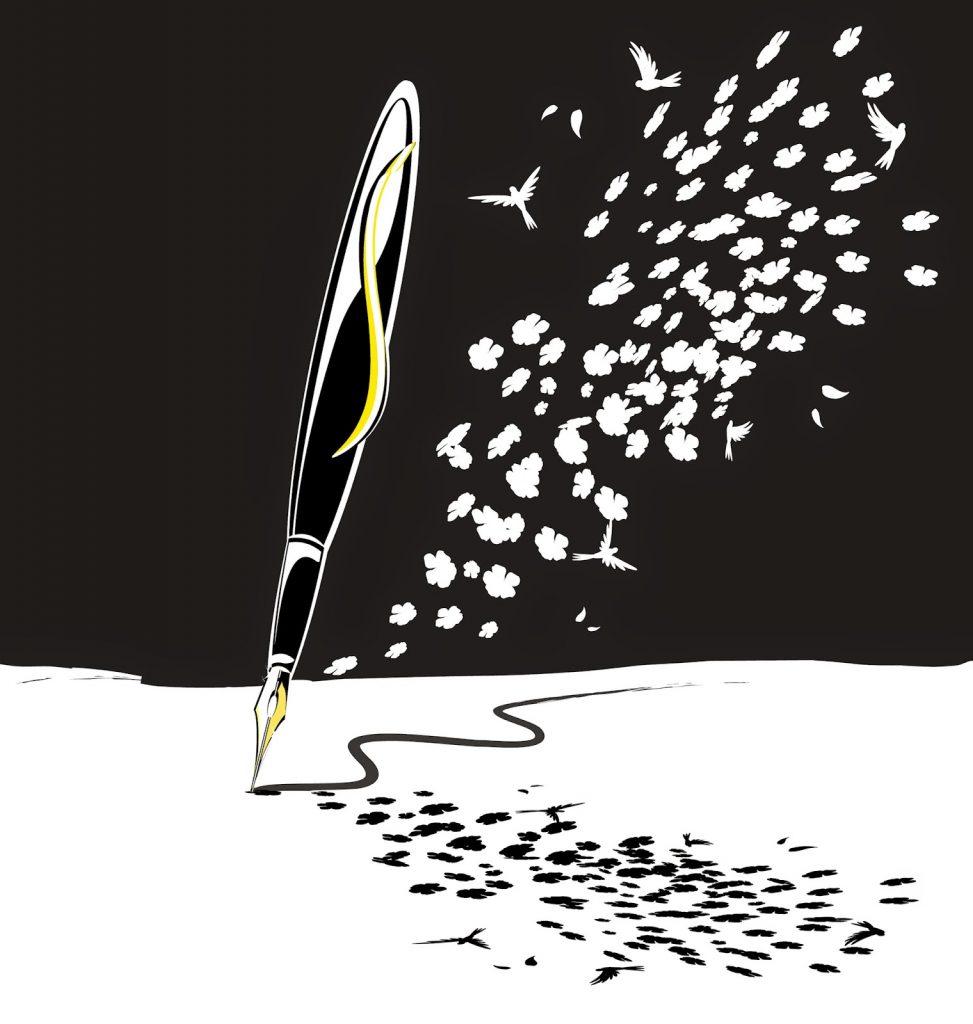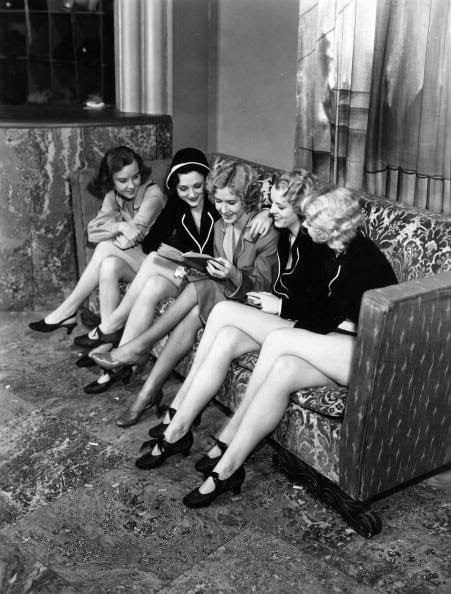By K D Grace
It’s that time of year again! May is International Masturbation Month and, as one who is proud to be a frequent masturbator, and one who believes our creativity is deeply connected to our sexuality, I feel it’s only right to honor the occasion. Several years ago, I came across a fabulous article by Eric Francis over on Betty Dodson and Carlin Ross’s Sex Information Online site. Every time I revisited, I’m reminded why I liked it so much.
In his post, ‘What Exactly is Masturbation Month,’ Eric Francis wonders why most sites by and for singles, to promote and
validate the single lifestyle don’t discuss masturbation. The surprising answer seems to be that masturbation is a subject even happily single people just aren’t comfortable discussing. But what intrigued me most was Eric’s speculation as to why that might be:
‘I would propose that masturbation is about a lot more than masturbation — and that’s the reason it’s still considered so taboo by many people, and in many places. First, I would say that masturbation holds the key to all sexuality. It’s a kind of proto-sexuality, the core of the matter of what it means to be sexual. I mean this in an existential sense. Masturbation is the most elemental form of sexuality, requiring only awareness and a body. Whatever we experience when we go there is what we bring into our sexual encounters with others — whether we recognize it or not. Many factors contribute to obscuring this simple fact.’
I read this through several times, savored it, and read it again. The ancient Egyptians believed masturbation was a creative act in its own right. In the Heliopolis creation myth, the god Amen rises from the primeval ocean, Nun, and masturbates the divine son and daughter into existence, and they populate the world. Even if I look at the Judeo/Christian myth in the first two chapters of Genesis, in which God speaks the world into existence, I am still looking at a solo act.
I love Eric’s line, ‘Masturbation is the most elemental form of sexuality, requiring only awareness and a body.
Awareness and Body. What a fabulous combination! Eric even goes on to say that whatever we take from that proto experience of masturbation, we bring into our other relationships as well. In other words, it’s formative, that solo act, that original creative force. It brings awareness and body together. Isn’t that what it’s all about? The discovery of who we are in relation to ourselves is key if we are to be able to properly enter into discovery of ‘The Other.’ Doesn’t the act of creation, metaphorical or otherwise, begin with taking an inventory of what we’ve got to work with and learning how best to work with what we have to bring forth what we hope to create?
Creation as a solo act is an experience with which every writer is familiar, an experience in which we masturbate the world into existence — our world, our characters, our plot — all an act of solitude, all an act of imagination. And I can’t possibly be the only writer who feels that experience viscerally as an act of self-exploration, an act of self discovery.
Awareness and a body. Masturbating the world into existence. It happens all the time. At the risk of offering too much information, my understanding of sex, my deepest understanding of my own sexuality, comes from awareness and my own body. That’s what I have to work with. My understanding of writing, my deepest understanding of the creative forces in me also comes from awareness of self and all that awareness can imaginatively create.
I’m astounded that in a world where solitude and the meditative tradition is a part of almost every religious discipline, we
shy away from the very concept that could have well given birth to it, awareness and Body. Can there really even BE awareness without a body? And how can we possibly understand the boundaries and the limits of either without the two rubbing up against each other. Our act of one-ness, our proto-sexuality, as Eric Francis calls it, I suggest is by its boundary-exploring nature, also our proto-creativity.
Masturbation Month honors awareness and body and the discovering of our own boundaries, that which separates us from everything else. And beautifully, amazingly, astoundingly, it is discovery and exploration of our own boundaries that eases and enhances our journey into connectedness.
Happy Masturbation Month!





